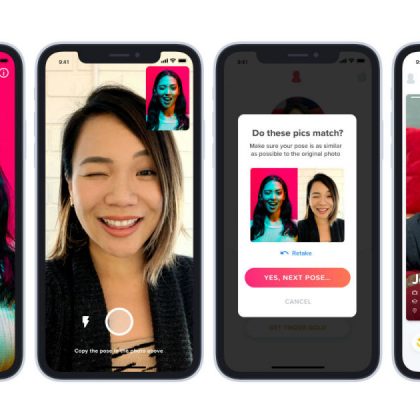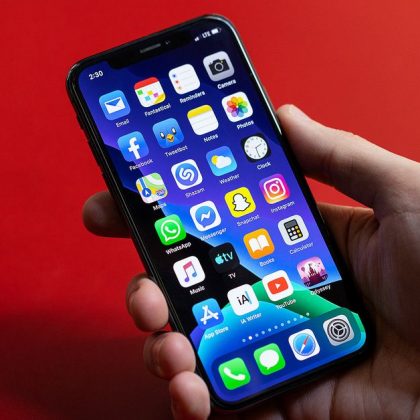Do you hate robocalls enough to let an app give your data to third parties in exchange for blocking the spam? Researchers found that’s exactly what’s happening to millions of people using the most popular robocall-blocking apps.
Robocalls have become an epidemic, as lawmakers and phone carriers seek to stomp out the massive number of spam calls sent per day. A study found that there were 26.3 billion robocalls made in the US in 2018, and it’s the No. 1 source of complaints to the Federal Communications Commission and Federal Trade Commission.
But when you’re downloading robocaller-blocking apps, you could be trading one evil for another, found Dan Hastings, a security researcher at NCC Group. He looked at the privacy policy on the top robocaller-blocking apps in the iOS App Store and compared it with network traffic data actually being sent from the apps.
Hastings found that a majority of them were collecting personal data on people’s devices without their explicit consent and sharing it with analytics firms.
“If most people took the time to read and try to understand privacy policies for all the apps they use (and are able to understand them!), they might be surprised to see how much these apps collect,” the researcher said in a statement.
Read More





